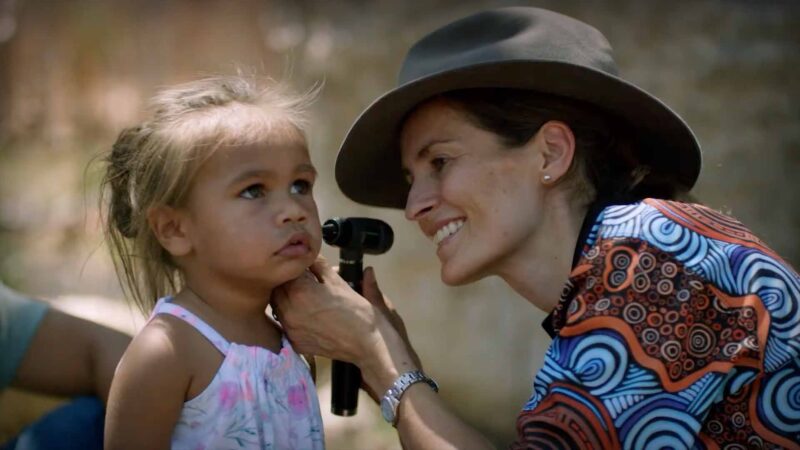Medicines Australia’s Continuing Education Program (CEP) is designed to educate medical representatives to a recognised industry standard. Dr Tristan Ling, CEP Academic Lead and Project Manager at the College of Health and Medicine, University of Tasmania talks about the 900 students that come through the program each year.
The CEP is primarily directed at medical representatives working within the prescription medicines industry, but is also recommended to people who may not be currently employed within the industry but would like to pursue a career as a medical representative. It is also available to personnel working for organisations interacting with the pharmaceutical industry.
Medicines Australia CEO Elizabeth de Somer talks about how the CEP program provides the information needed by medical representatives, that talk to health care professionals, talk with accuracy, balance and in an evidence based manner about their products.
Australian Health Journal spoke with recent CEP graduates Samantha Wicks, Christopher Lems and Megan-Anne Jefferys on their experiences in the program and how it positively impacted their confidence and knowledge of the industry.
The CEP is currently offered online through the University of Tasmania’s Unit for Medication Outcomes Research and Education (UMORE), which is housed in the University’s Pharmacy Division.
You Might also like
-
Global GP Conference comes to Australia
Over 3000 delegates from around the World will gather at the 50th celebration of WONCA to reconnect and revive General Practice, sharing knowledge and learnings on access, equity, funding, and multidisciplinary care teams. This includes networking with Australian and overseas GPs and in particular learning about primary care practices in other countries.
Australian Health Journal met with Dr Nicole Higgins, President of RACGP in transit at Brisbane Airport recently and she spoke about the $6 Billion allocated in the Federal Budget in May as a significant achievement for General Practice investment. She also emphasised this announcement reinforced GPs should be at the centre of multidisciplinary care teams to ensure continuity of care and better health outcomes.
-
SAHMRI Celebrates 10 Years of Research
SAHMRI represents an exciting and unique statewide concept, bringing together basic and translational research, South Australia’s three universities and the health system. SAHMRI works in collaboration with its partners to provide a clear focal point for health and medical research, including paving the way for new partnerships, innovative research projects and improved health outcomes.
Executive Director, Professor Maria Makrides spoke to Australian Health Journal about 3 achievements in the past 10 years that have had significant impact
International leadership breakthroughs in leukaemia research
Culturally appropriate Indigenous health research and clinical care
Omega 3 fatty acids as a preterm birth prevention -
Clinical research integrates with GP and Pharmacist workflows to supplement practice revenue
Clinical trials are crucial to the development of evidence-based preventative medicines. In addition, participation in clinical trials can also provide patients with opportunities to access new treatments.
“Clinical trials are at the heart of medical advances which look into new ways to treat, prevent, or detect disease. Volunteers often do so to help contribute to advancing scientific research, knowing that they are participating in the hope of helping future generations,” said Charlotte Bradshaw, CEO and Founder to Evrima Technologies.



